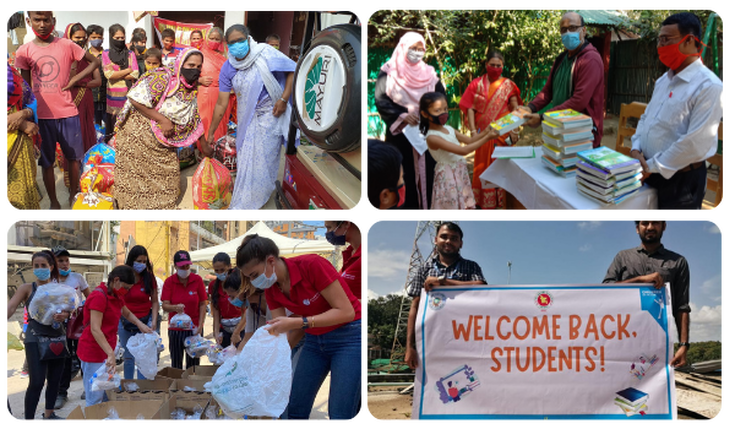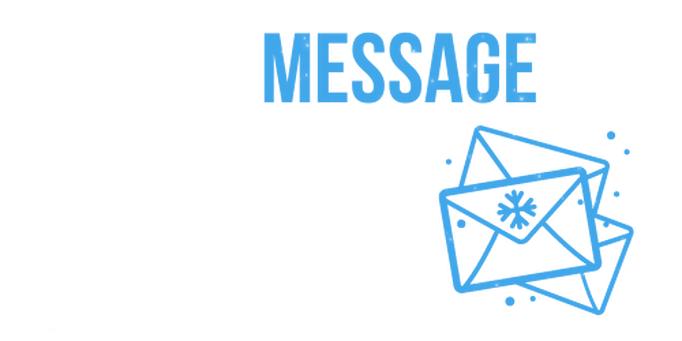|
The past two years have been incredibly difficult for the local partners, children and communities we work alongside, as they have had to continually adapt to covid-19 restrictions and the broader impact of the pandemic. In every country where we work, they have been through so much. As 2021 comes to a close, we want to create a continuing sense of hope and solidarity with the people and communities we work with in Bangladesh, India, Myanmar, Lebanon and Uganda. We are inviting our supporters to join us in sending a message of hope to share with our local partners in the New Year. Children on the Edge work alongside communities to create protective environments that generate hope, life, colour and fun. In doing this, we enable children to realise their rights and thrive. Hope is a fundamental part of what we do because it enables people to know that things can be different. Cultivating hope helps create a catalyst for change, and in turn, generates action within the communities where we work. This is so often where we see transformation. Whilst the impact of the virus has been starkly disproportionate and the children and communities we support have been hardest hit; they have kept going, and continued to transform their situations, thanks to their gritty, determined, can-do kind of hope. From thousands of supply parcels being distributed, to children leading the way in their communities during lockdown and teachers going above and beyond to make sure every child can continue their learning, every community has kept going and we’re so delighted that now schools in the majority of places have reopened.  Top left - food parcels being distributed in India. Top right - textbooks being collected to support home learning in Cox's Bazar, Bangladesh. . Bottom right - Food parcels being handed out in Lebanon. Bottom right - staff in Kutupalong refugee camp welcoming students back to school in September 2021. A BIT MORE ABOUT HOPE…
Hope is one of our values, alongside Dignity, Justice and Freedom of Expression. We reflect these values in everything we do and with everyone we work with. From the children we serve to our partners, staff, volunteers, and donors. We believe in cultivating hope as a catalyst for change, so when marginalised communities actively identify their problems and take charge of solutions, a renewed sense of hope and self-belief restores their motivation and ability to transform their own lives. Living on the edges of society, surviving life in refugee camps and slums, enduring persecution or isolation are all situations that can breed despair and inertia. Sometimes when people see no evidence that things can change, they can begin to feel it’s a waste of energy to keep believing their situation can be different. Rebecca Solnit describes hope as an axe, rather than a lottery ticket, and says ‘To hope is to give yourself a future, and that commitment to the future makes the present uninhabitable’. In his 1930s ‘Treatise on Hope’, Ernst Bloch says that hope requires people to ‘throw themselves actively into what is becoming, to which they themselves belong’. To us, this speaks very strongly of the importance of hope in sparking community ownership, participation and action. Hope gets people on their feet and inspires them to become actively involved in creating change.h. We have seen this scenario many times in the situations in which we work, and it’s why generating hope is one of the core values we focus on. We encourage it through our relational approach, and it is key to genuine community ownership in our projects. Read more about our work >> Support usComments are closed.
|
RECEIVE OUR EMAILSBlog Categories
All
Archives
July 2024
|
|
JOIN US ON SOCIAL MEDIA
|
Annual Report | Contact Us | Jobs | Media Centre | Resources | Shop
Accessibility & Policies: Accessibility | Equity, Diversity & Inclusion Policy | Complaints| Privacy Policy | Safeguarding
Accessibility & Policies: Accessibility | Equity, Diversity & Inclusion Policy | Complaints| Privacy Policy | Safeguarding
Children on the Edge, 5 The Victoria, 25 St Pancras, Chichester, West Sussex, PO19 7LT, UK | 01243 538530 | [email protected]








 Give monthly
Give monthly Fundraise for us
Fundraise for us RSS Feed
RSS Feed
